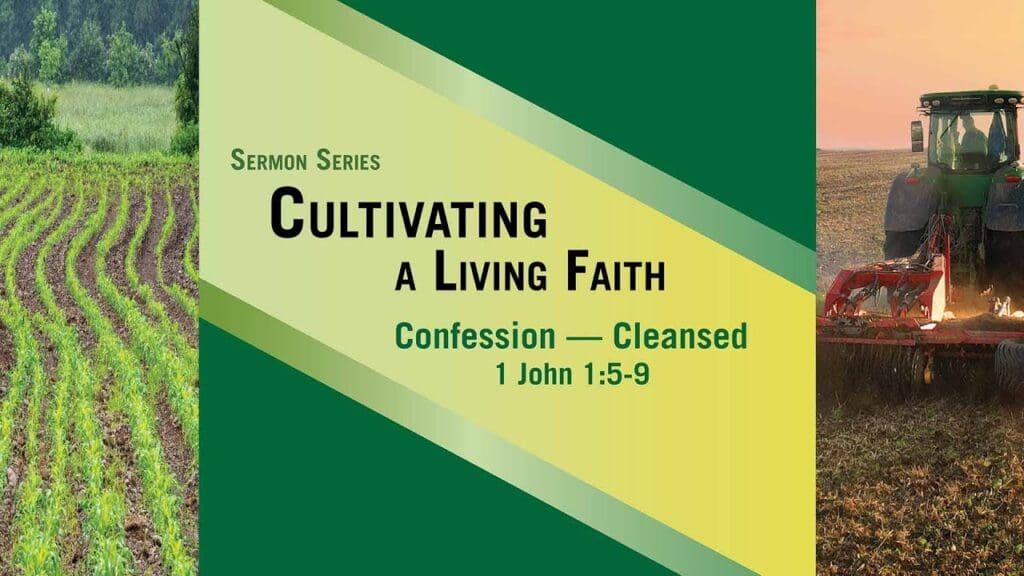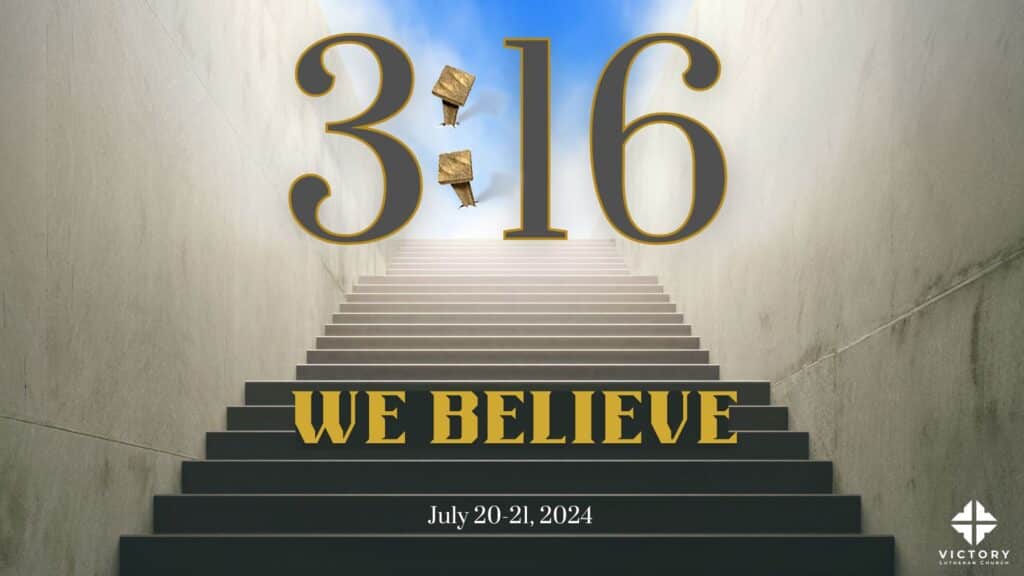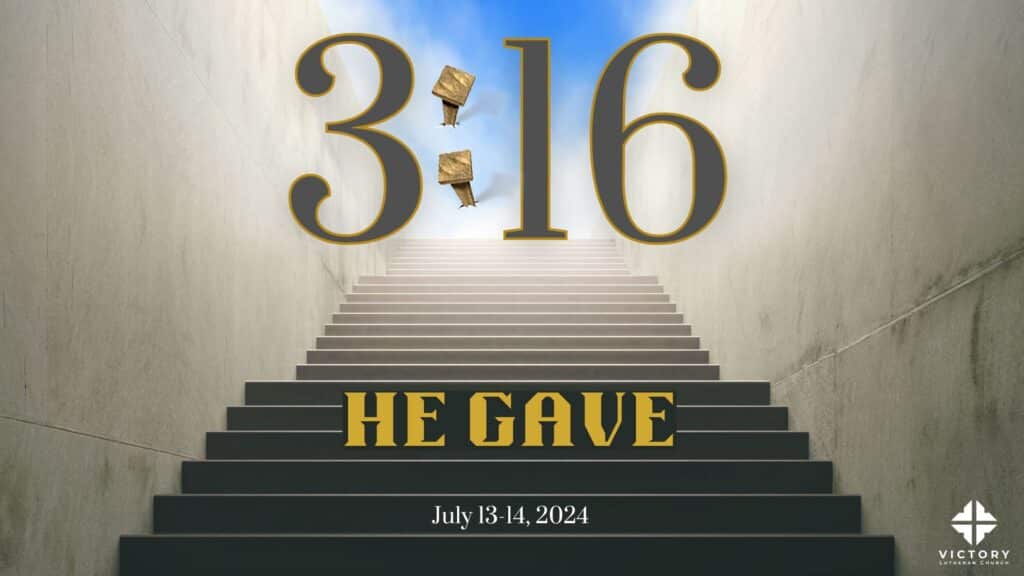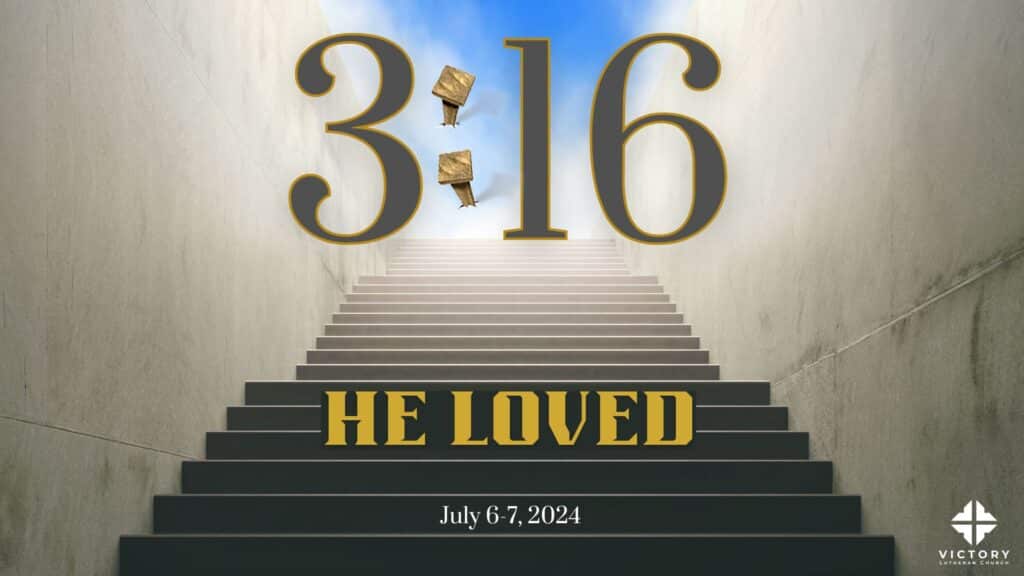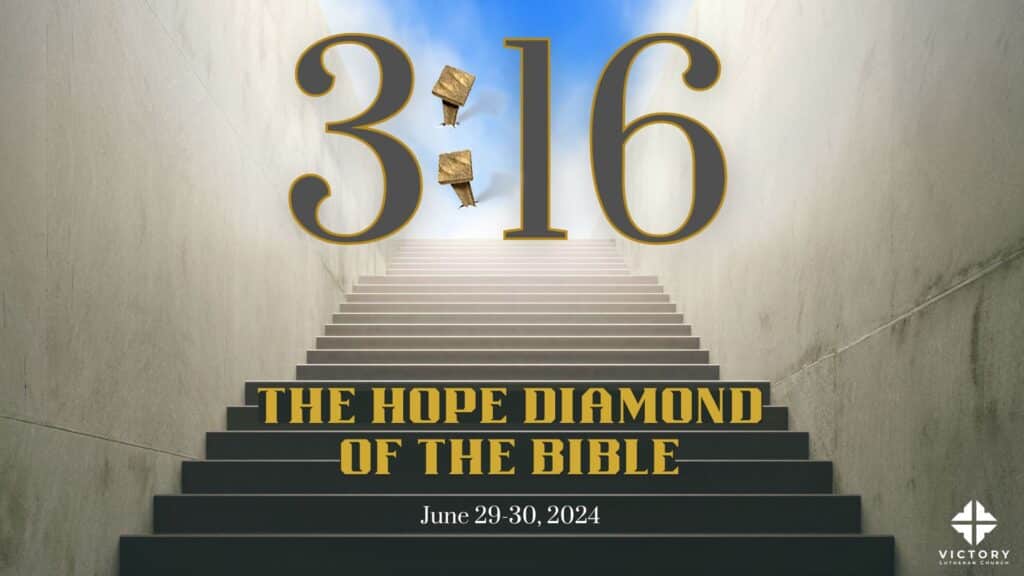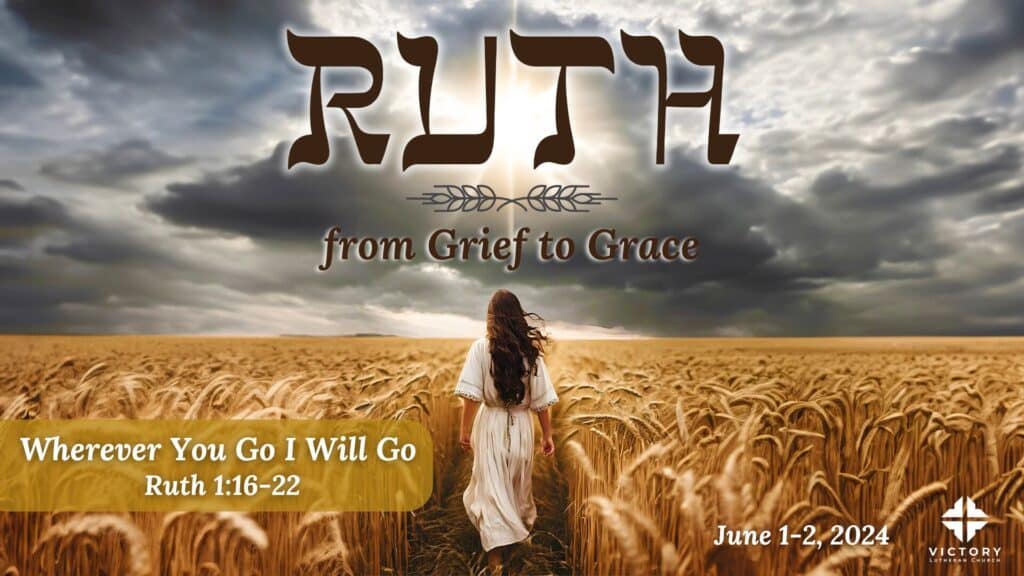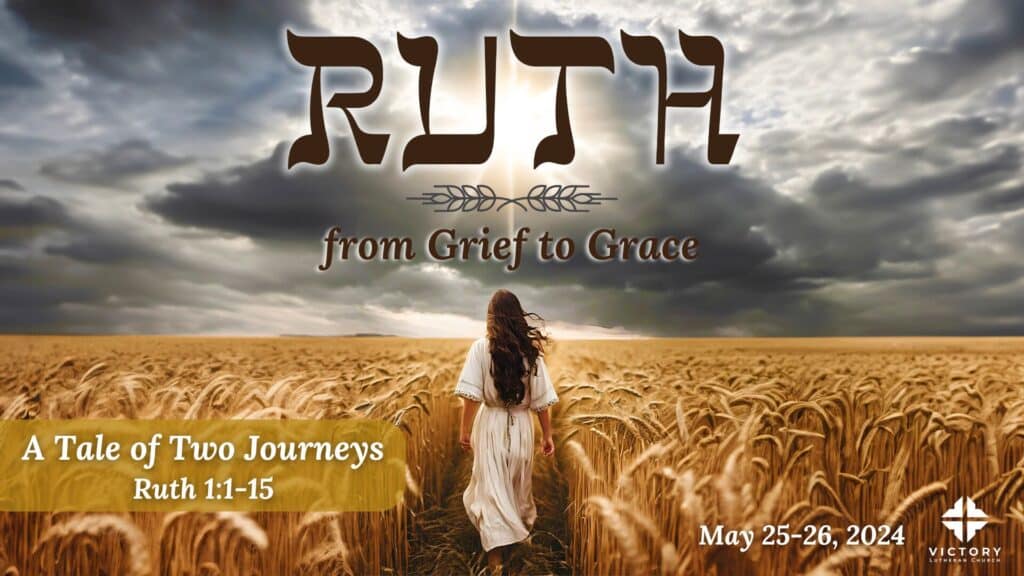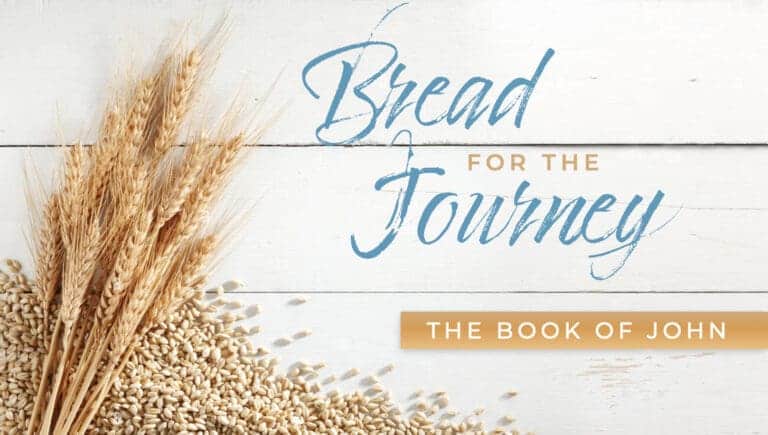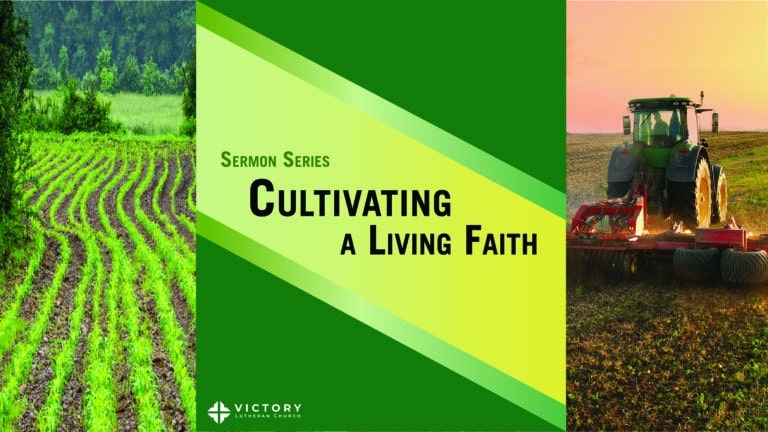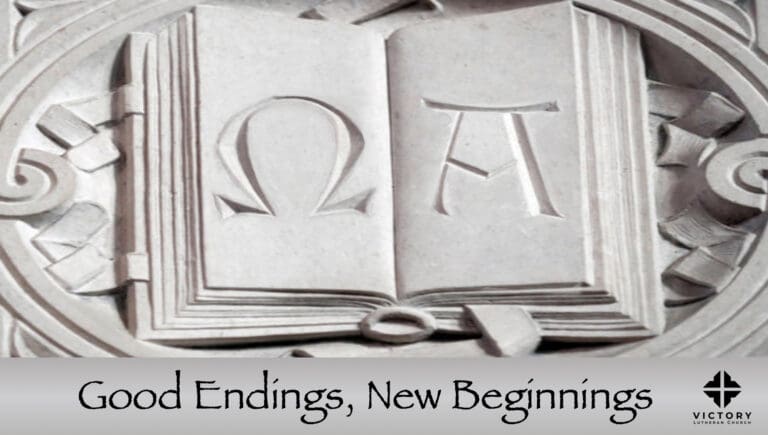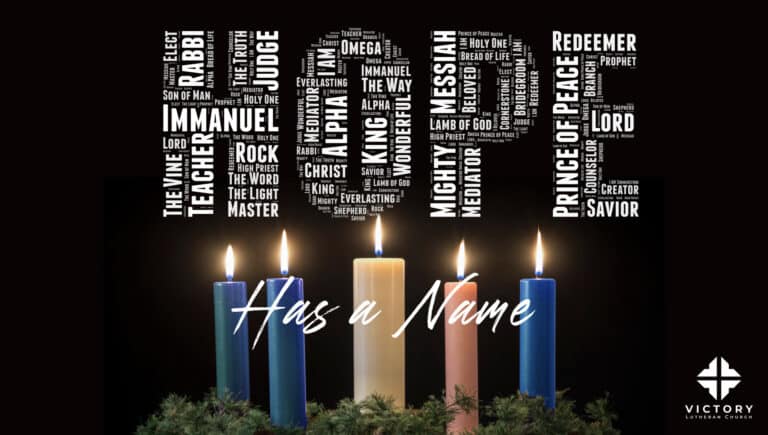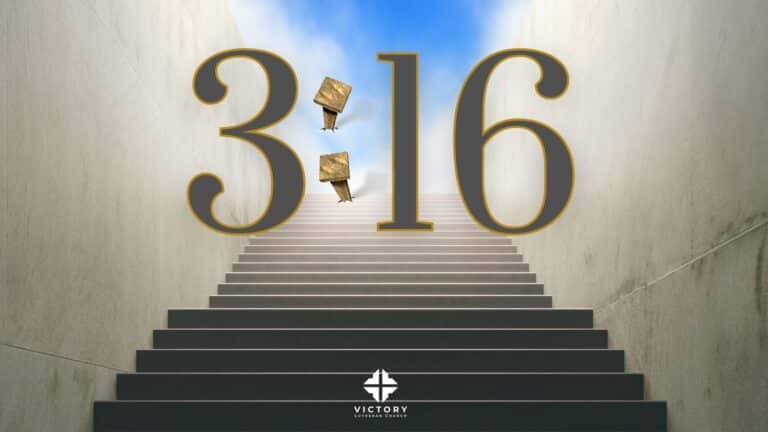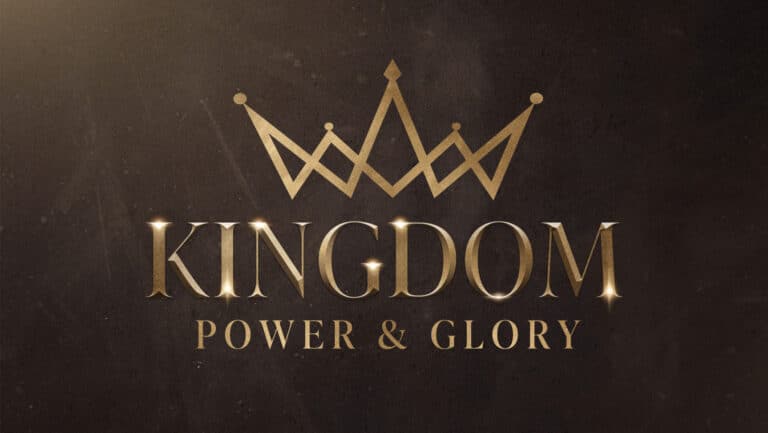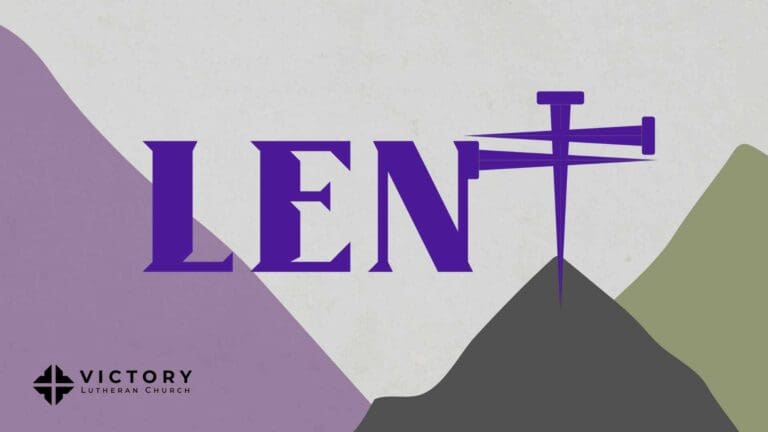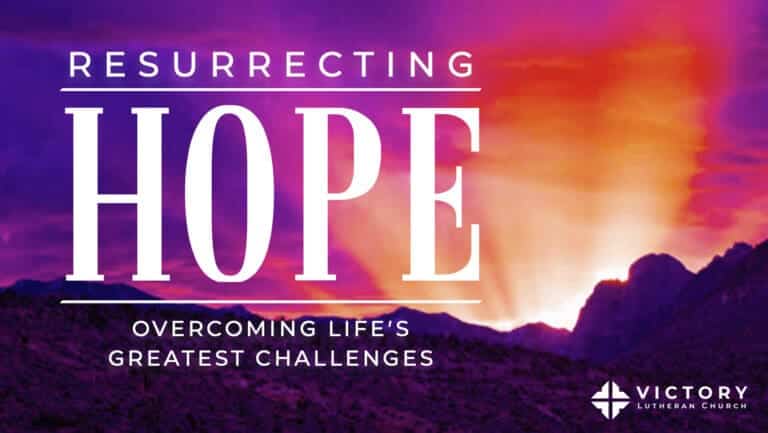Cultivating a Living Faith. That’s what our sermon series is about. That’s what every time we gather is about. That we have this living robust kind of faith in the Lord Jesus Christ that survives not just the sunny days, but the dark days. And this, uh, week, we’re gonna be looking at two different psalms. The first of which was just read, and you’re gonna hear it referenced in a pss song by the choir in a little bit. Psalm one 30. And before we skip over it, just a couple of words about it. Two major themes in that psalm waiting. And hoping in one version, the last lines are I, my soul waits for the Lord more than watchmen. For the morning we’re reminded to be the sentinel, the watchmen. Now, now the watchmen, the sentinel doesn’t do much, do they? They stand on guard, but they have nothing to do when they’re watching for mourning. But to, to know that God will turn the earth, that the sun will rise, but they wait. And they hope. But waiting Eugene Peterson says, doesn’t mean doing nothing. It means going about our assigned tasks, confident that God will provide the meaning and the conclusion for the night. It’s the opposite of this desperate and panicky manipulation of scurrying and working. It’s waiting and it’s hoping. And hoping he tells us isn’t dreaming. It means a confident, alert, expectation that will, God will do what he said he will do. It is imagination. Put in the harness of faith. I love that line. Hoping is imagination put in the harness of faith. It’s a willingness to let God do things in God’s own way, in God’s own time. I love that last line of the Psalm. I wait for the Lord. I wait for the Lord. I wait for the Lord more than Watchmen for the morning. Yay. More than Watchmen for the morning. Well, Psalm one 30 kind of leads us right into Psalm 77, which I’ll read in a moment. And it’s a Psalm of lament. Do you know that one third of the entire Psalms are LA men’s? But they’re kind of a foreign language to most of us, because we like hunky dory. We like sunny. We, we wanna go to Psalm one 50. Let everything that breathe, praise the Lord. But the lament psalm address the darkness of life. The struggles of life, and, and we need to hear a language for lament, lament, our cries of the heart, wailing, complaining, despairing, grieving.
DA Carson writes that there’s no attempt in scripture to whitewash the struggles and anguish of God’s people when they undergo suffering. God’s people argue with God, complain and weep before God. Theirs is a faith. He says so robust that it wrestles with God. Do you ever wrestle with God? I hope we can learn to wrestle with God that our faith is that robust enough that we can wrestle with God. Psalm 77 is a lament Psalm. Joan stock points out that the psalmist is absolutely miserable. He whispers to God. He cries to God. He shouts at God, but he found no peace. This long ago. Psalmist dared to question his fundamental understanding of who God is. And how God asked acts. It seems almost impudent to us that this outspoken psalmist demanded answers to his questions. In the first half of the psalm, the psalmist complains that God won’t let him sleep. His eyes won’t even close. He’s too distressed to to pray, but then there’s a turn. There’s a pivot. Every Psalm of lament, there’s a turn. Listen for it. As I read, as the psalmist at the very end remembers, he remembers Israel. He remembers God’s deliverance from the slavery in Egypt to the freedom of the promised land. He remembers the parting of the Red Sea when there was no path that anybody saw. He remembers the thunder, the lightning, God’s provision. He remembers what has happened in the past. To trust God for the present and the future. Psalm 77, listen, I cry out to God. Yes, I shout, oh, that God would listen to me when I was in deep trouble. I searched for the Lord all night long. I prayed with hands lifted toward heaven, but my soul was not comforted. I think of God and I moan overwhelmed with longing for his help. You don’t let me sleep. I am too distressed even to pray. I think of the good old days long since ended when my nights were filled with joyful songs. I search my soul and ponder the difference. Now, has the Lord rejected me forever? Will he never again be kind to me? Is his unfailing love gone forever? Have his promises permanently failed? Has God forgotten to be gracious? Has he slammed the door on his compassion? And I said, this is my fate. The most highest turned his hand against me. And yet, but, but then, then I recall all you’ve done. Oh Lord, I remember your wonderful deeds of long ago. They’re constantly my thoughts. I cannot stop thinking about your mighty works God, your ways are holy. Is there any God as mighty as you? You are the God of great wonders. You demonstrate your awesome power among the nations by your strong arm. You redeemed your people, the descendants of Jacob and Joseph. When the Red Sea saw you, oh God, its waters looked and trembled to sea, quake to its very depths. The clouds poured down, rain, the thunder rumbled in the sky. Your arrows of lightning flashed. Your thunder roared from the whirlwind. The lightning lit up the world. The earth trembled and shook your road led through the sea. Your pathway through the mighty waters a pathway no one knew was there. You led your people along that road like a flock of sheep with Moses and Aaron as their shepherds.
This is the word of the Lord. Thanks be to God. Will you join me in prayer? Lord God, our Heavenly Father, I think a lot of us present today have had a hard time learning how to lament. We’ve not dared admit our feelings to you or to anybody else, maybe even to ourselves, but God, our lament is part of life and you wanna embrace all of life to cultivate a deep and living faith that’s legit for all that we face. A faith that can address everything. When we read the headlines, when we read about another school shooting, that we can lament God when the bottom falls out of our lives, when people die, when they suffer in interminably, we can lament. So teach us God. And may the words of my mouth and the meditation of our hearts be acceptable and thy, oh Lord, our rock and our redeemer. Amen. Dear friends, in Christ, grace to you, and peace from God our Father, and from our Lord and our Savior, Jesus Christ. Amen. In his book, the Gift of Hard Things, you ever Think There’s a gift in hard things? In his book, the Gift of Hard Things, Mike Elli asks this, what do we do when our faith dissipates? Our friends turn to enemies, our self-worth, transf figures into self-hatred. What do we do when we find ourselves enmeshed in shame, grief, and judgment. How do we find God’s comfort and peace when our bodies churn with frustration and anxiety? What do we do when we fall in holes? When plans fall apart? When dreams die, when faith disappears, when suffering is real. He says we need some distance, some space, some holding space where we can step out from the hurt where our perspective can deepen until the despair dissipates and we can calibrate our lives. The Psalms of Lament, my friends, are such a way, such a space in order to recalibrate our lives. So many of us have a hard time admitting our doubt. I. Our despair, our anger, our pain, our suffering, and we, I think, feel guilty when we doubt our faith, when we doubt God, but God can handle it. Open the Word, and you know that God can handle it. God wants to hear these feelings even provides a model in his word lament. Psalms give us a place to find words when we’re going through tough times. Did you know that Jesus was quoting a lament psalm when he was on the cross, when he hung there on the cross and cried out? My God, my God, why have you forsaken me? It’s right out of the Psalms. God can handle it. My friends, God can handle it. Mark Gro is the lead pastor at College Park Church in Indianapolis, Indiana. He writes this in 2004, a few days before her birth, our daughter Sylvia, was stillborn. She was nine pounds and healthy. The shocking news that her heart stopped sent us into this life-changing journey of grief. Never before had we experienced such crushing sadness, such blunt honesty with God, and the amazing provision of grace through Sylvia’s death, multiple miscarriages in a blighted ovum, untamed grief turned lurked around every corner.
And yet God carried us through. He goes on, he says, I’ve been a student of the Bible for many years, but Biblical lament was new to me. I didn’t even know what to call it at the time. I was merely trying to find a voice for my fears and struggles at the time, while still pointing my heart toward God. My quest for spiritual survival opened my heart to the historic and biblical form of prayer called Lament. Sorrow tuned my heart to hear the song of Lament, and I started a journey that taught me the grace of lament. There can be healing in lament because it’s never a dead end. The result of all of his grief is a book and a lecture that I listened to called Dark Clouds. Deep Mercy, dark Clouds can contain Deep Mercy. My friends there is Grace Rora says, for those who discover the minor key melody of lament, he says, lament is the prayer language for a hard life under a sovereign God. It’s the prayer language for hard life under a sovereign God, by definition, he says this, lament is a prayer in pain that leads to trust. Lament is a prayer in pain that leads to trust. It’s a prayer, first of all. It’s not just a, a loud, wild, indiscriminate wailing into thin air, but it’s a prayer addressed to God. Maybe it’s my God, my God. Why can’t I feel you? Why have you abandoned me? It’s a prayer in pain. It’s a choice that we make rather than remain silent or stuck in dis in the ditch of denial or the ditch of de of despair. There’s a ditch of denial. No, everything’s fine. Everything’s fine. Or there’s that ditch of despair. Which leads nowhere. It’s a prayer out of our pain to God. It’s a prayer in pain that leads somewhere. It’s not a dead end. It’s not a cul-de-sac. It’s a prayer in pain that leads somewhere. It leads my friend to trust. You see, this isn’t just a commiserating, but a commiserating, a complaining, a wailing to almighty God. That’s lead you to a place of trust, of affirmation, of God’s sovereignty. It’s a re-anchoring of your heart and turning to God and knowing that God’s promises always are true. Lament is the language that we use when we live between the pole of a hard life and trust in a sovereign God. A hard life and a sovereign God. Rogat says there are four basic elements to biblical lament. We turn, first of all, to God in prayer, in my pain. I choose to turn to him and I complain. I lay out my plight. I ask boldly, and then I choose to trust. Four elements, fundamental, turn, complain, ask, trust. Turning to God in lament is one of the most faithful things we can possibly do, and yet it’s so foreign to us. Many times, lament acknowledges that life is hard, but I’m still gonna trust in God and I’m gonna talk to him about it. Lament encourages us to talk to God instead of falling in a pit. Complaining. Complaining means being brutally honest with God. Do you think God is surprised? Do you think God is surprised by our feelings when we finally articulate them?
No, my friends, and he wants to hear them. If your children only came to you when everything was going well, you’d feel shortchanged. You want them to run to you when life is falling apart in their small worlds. Complaining means being brutally honest to say to God, you promised, you promised, but I don’t feel it. I don’t feel it at all today. Where are you complaining And being brutally honest, look at the questions that the psalmist asked. How audacious will the Lord spur me forever? Will he never again be favorable? Has his steadfast love forever gone? Has it evaporated? Are his promises at an end for all time? Has God forgotten to be gracious? Has he shut up in anger, his compassion for all time? It’s in the word. It’s a biblical writer. It’s inspired. What do you do when you feel that way? You lament. God can handle our heartfelt complaints. So we can be as hopeful as we are honest, as honest as we are. Hopeful many of us love, love, love that hymn. Great is thy faithfulness. We’re gonna sing it to close today, but do you know where it comes from? It comes from an entire book of Lament la Lamentations, and listen to the words that come right before those glorious words of this chorus. The writer says, I will never forget this awful time. I. As I grieve over my loss and yet, and yet, I dare to hope. I dare to hope when I remember this. The faithful love of the Lord never ceases. His mercies never come to an end. Great. Is your faithfulness and mourning by morning new mercies. I see. And yet I dare to hope when I remember in Biblical lament, we call the promises of God to account. We ask God to do what he’s promised to do. I’m asking again for you to do what you promised Lord. And here we remind ourselves that sometimes we have to ask in order to believe we have to say it out loud to God. Pour it out in a journal, write it. In Wild Scrawls across a page. And finally in lament, we have to trust laments are always designed to end here in trust. And if you don’t end up here, you’re not lamenting biblically because every lament that you’ll read, one third of them in the Psalms has a connective and, but even though. And then we turn to that trust we choose. We are not always pray to our fickle emotions. We can choose God. I choose. I choose to trust again and again and again. I choose to trust you. Even when the love, mercy, and presence of God feels like it goes into eclipse, we still come to our loving father, trusting in his character. Charles Spurgeon put it so beautifully, when you cannot trace God’s hand, you can always trust his heart. We say that with me. When you cannot trace God’s hand, you can always trust his heart.
It’s so true. Before we close today, I want you to practice a lament. I want you to speak words that maybe sometime, maybe right now, really come from the depths of your soul to a place that you wanna deny. It’s Psalm 13, and I wanna read it together thoughtfully, slowly, and let it be our cry. We’re practicing what it is to lament. Let’s read it together. How long, oh Lord. Will you forget me forever? How long will you hide your face from me? How long must I take counsel in my soul and have sorrow in my heart all the day? How long shall my enemy be exalted over me? Consider and answer me, oh Lord, my God. Light up my eyes lest I sleep the sleep of death lest my enemy say I have prevailed over him. Lest my foes rejoice because I am shaken. And we’re gonna finish this psalm in a minute because there’s a turn. There’s a pivot from me, myself, my desperation. To pry our eyes off of ourselves unto Almighty God. This final trusting in God where all biblical men land for. Again, in the words of Charles Spurgeon, when you cannot trace God’s hand, you can always trace his heart. Join me as the psalmist closes with the word, but listen. But I have trusted in your steadfast love. My heart shall rejoice in your salvation. I will sing to the Lord because he has dealt bountifully with me. Our youngest daughter, Kari, has four kids that are a total of five years and four days apart part.
Yeah. Yeah. I asked my son-in-law if he knew what caused that. I said, stop it. That wasn’t in my script. These kids just were so, so, so busy. Three boys and one girl. They live on a farm, and these parents were so desperate. To get some sleep sometimes. And Jack, their oldest, would often get up before the crack of dawn, and so they were trying to teach him to stay in bed and they bought a tot clock. I don’t know if you’ve ever heard of a tot clock. It’s a godsend. Before he could read or write or really tell time, it’s a little clock that sits on their bedside table and it’s got the hands of a clock so they can ultimately learn to tell time. But the clock face turns colors, so when it turns blue, it’s, oh, jack, time to go to bed. Mom and dad didn’t have, well, the clock said, I gotta go to bed. If it’s red, it’s a timeout, and parents could set that for however long they’d like to. So when they go to bed to blue, then they get up when it turns yellow. Well, Jack was always quite impatient, and so there was a time where, uh, just for a brief time, they put one of those little devices on the doorknob where he couldn’t get out of his room because he would sometimes just go and wake his siblings and certainly wake his parents. And, and I remember Kari telling about Dear Jack, he, he would try to get out of his room because the clock was yellow. And he’d look under the crack of the door and said, mom, the light’s yellow, let me out. And Kari would always run because she has the love of a mother. My friends, aren’t there times where we wanna cry through the door? God let me out. Let me out. And God always hears, and God always releases because Jesus said, my God, my God, why have you forsaken? Because Jesus heard silence when he cried out. We never do. Our father always hears our voice and always comes, always responds because Jesus died. Our sorrow never leads to death because we are led always to life, to eternal life, to the bright sunshine of God’s love. Where he flings wide the door, not just of our room, but of heaven. One day he says, come, come. Oh, blessed of my father. Come in a few moments. We’re gonna celebrate communion, receive the body and the blood of our Lord Jesus Christ.
Tangible reminders, and that’s the word that’s in there. The Psalm must remembered the deliverance from Egypt and through the Red Sea, we’re gonna remember the deliverance of the Lamb of God who gave his life for the sin of the world, for you and me. So when Pastor Matheson raises that bread and raises that cup and says, do this in remembrance of me, we remember and we turn to that place of trust and we say thank you. Thank you, Jesus. Will you join me in prayer? Yes, Lord. Thank you. Thank you. That out of the depths we cry and you hear us. Thank you, God, that out of our despair and abandonment and pain, you hear us. Thank you. Oh God, that your promises all find their yes in your son Jesus Christ. In his name we pray. Amen.





